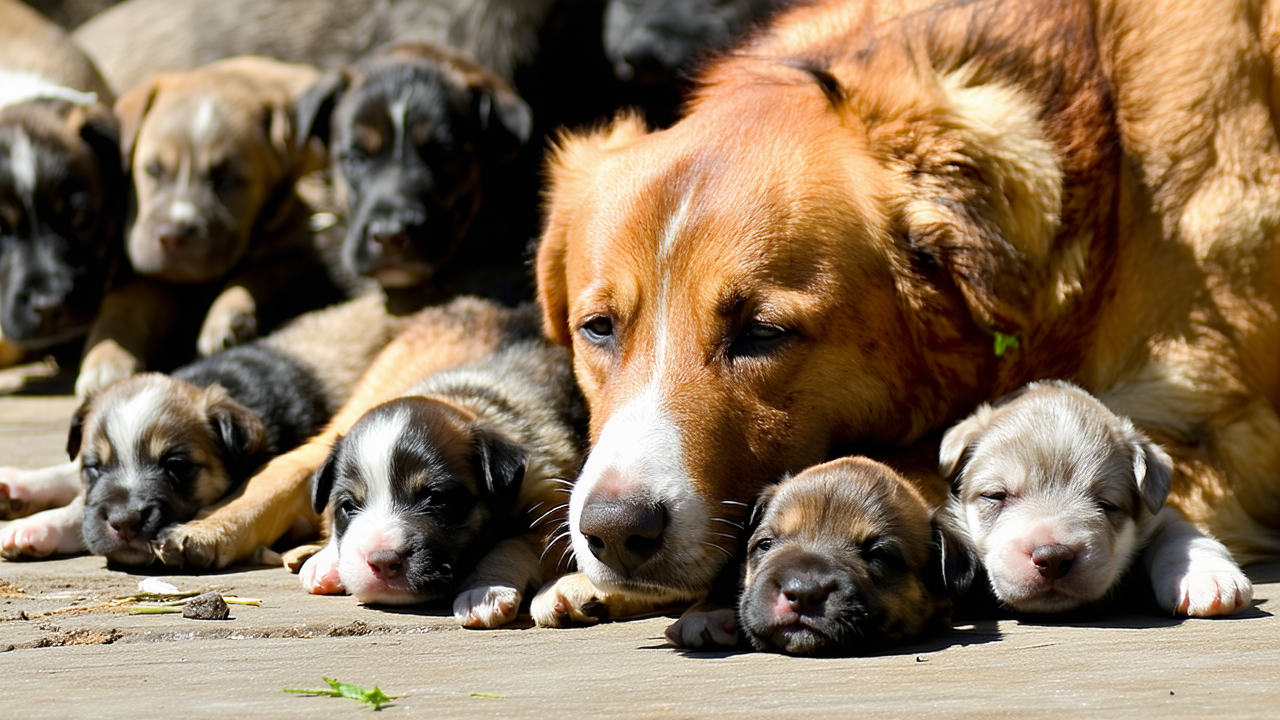Auckland Council Pushes for Stricter Dog Laws Amid Rising Attacks and Euthanasia Rates
Auckland Council Pushes for Stricter Dog Laws Amid Rising Attacks and Euthanasia Rates
By Mary Afemata
Local Democracy Reporting
The situation surrounding uncontrolled dogs in Auckland is reaching a crisis point, with thousands of animals being impounded, euthanized, and a growing number of attacks on people and animals. Auckland Council has now called for stronger enforcement powers under the Dog Control Act 1996 to address this escalating issue.
Last year, the council impounded more than 12,000 dogs, with over 6,000 of them being euthanized — more than half of all impounded animals. Shelters are overflowing, and many dogs are never reclaimed by their owners, leading to a significant burden on rescue organizations and local communities.
Rescue Groups Overwhelmed
Saving Hope Foundation volunteer Jo Coulam described the situation as “out of control,” noting that rescue groups are overwhelmed and often left to handle the crisis alone. In one day alone, the organization received 46 requests for help, with 32 more coming in by midday — including a mother dog and her newborn litter found dumped on train tracks and in rubbish bins.
Coulam criticized the council’s desexing pilot program for not targeting the right communities and called for more support and resources for rescue groups. “We’re left to do the hard work while trying to educate owners, but we can’t do it alone,” she said.
MP Warns of Escalating Risk to Families
Manurewa MP Arena Williams has warned that the situation has worsened in the past two years, particularly in South Auckland, where roaming dogs are putting children and elderly residents at risk. She has called for the formation of a taskforce involving both central and local government to address the issue.
“Roaming dogs have got out of control in the last two years in Manurewa,” Williams said. “Our kids and elderly people are at risk. Dog attacks are up, and we’re now seeing roaming packs of unowned dogs. Manurewa needs new solutions to deal with this rapidly escalating issue.”
Council Defends Response, Calls for Law Reform
Elly Waitoa, Auckland Council’s animal management manager, emphasized that public safety is the top priority and that dog owners must take responsibility for their pets. She acknowledged that desexing is not the council’s responsibility but noted that the council is stepping in due to the scale of the crisis.
Waitoa called for legislative reform that would provide councils with stronger enforcement powers, including mandatory fencing upgrades, desexing requirements in certain cases, and the mandatory reporting of serious dog attacks to enable timely intervention.
“We’ve got children being attacked, people being attacked, animals being attacked,” she said. “Children can't go to school because they're being terrorised by aggressive dogs. They can't walk to their local shop because of dogs.”
Urgent Need for Regional Support
Councillor Josephine Bartley, chair of the council’s regulatory and safety committee, stated that while most dog owners are responsible, stricter rules around fencing and desexing are now necessary to protect communities, especially children.
Manurewa-Papakura councillor Daniel Newman highlighted that local board budgets are insufficient to address the problem, stating that it must be treated as a region-wide issue requiring regional investment.
SPCA Supports Action, Calls for National Investment
The SPCA has backed the council’s efforts but stressed that a larger investment — estimated at over $75 million — is needed to make meaningful progress. Rebecca Dobson, SPCA’s national community outreach manager, said that desexing must become a priority for all pet owners.
“Rescue groups, SPCA, councils, vets, and communities are all grappling with the fallout of people not desexing their pets. None of us can fix this alone,” Dobson said.
Council Commits to Further Action
The council has committed $5.9 million to increase patrols and community education and is preparing further funding proposals for next year’s annual plan. The message to dog owners is clear: keep your dogs secure, desexed, and under control.
Proposed Changes to the Dog Control Act
To help reduce attacks and improve enforcement, the council is asking the government for the following changes to the Dog Control Act:
- Mandatory fencing upgrades
- Desexing requirements in certain cases
- Mandatory reporting of serious dog attacks
- Increased powers for councils to manage dog-related issues
These measures aim to reduce the number of impounded dogs, prevent attacks, and improve community safety.
